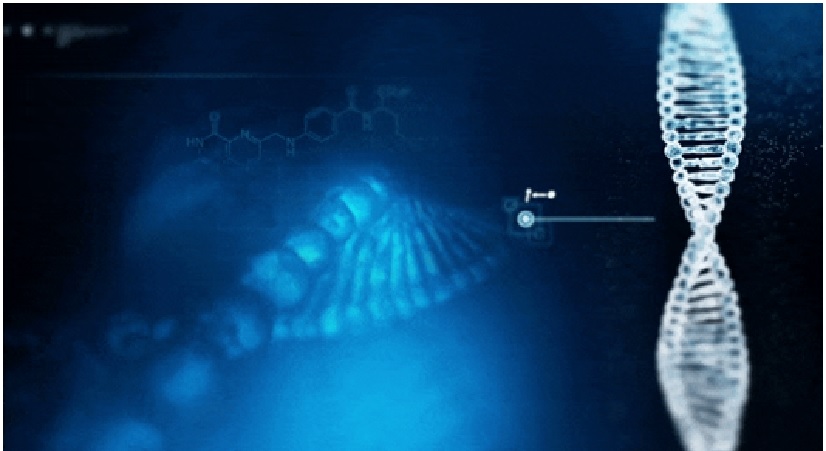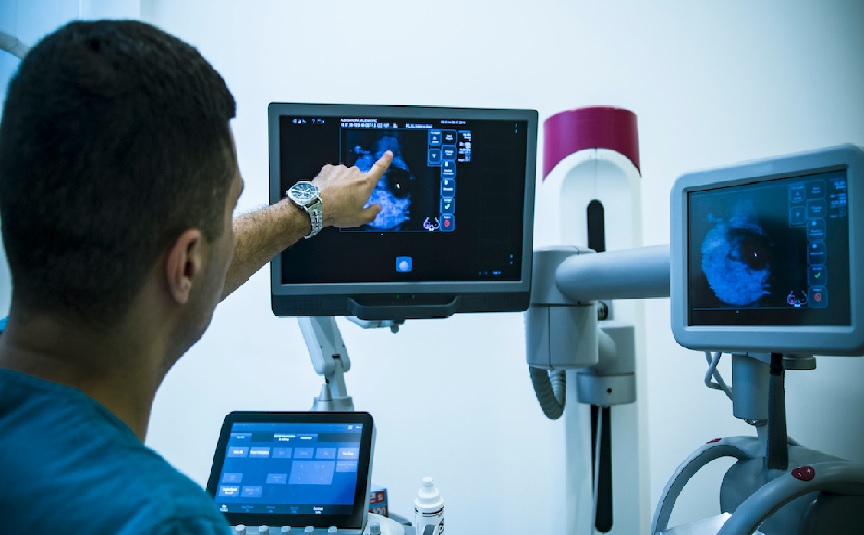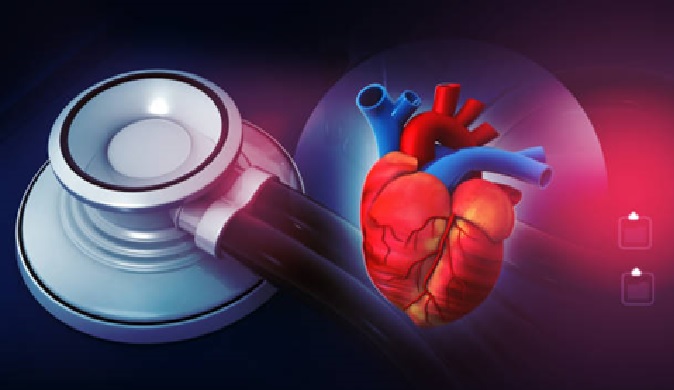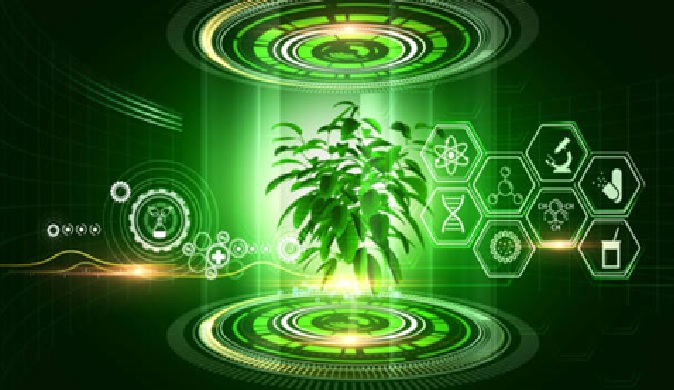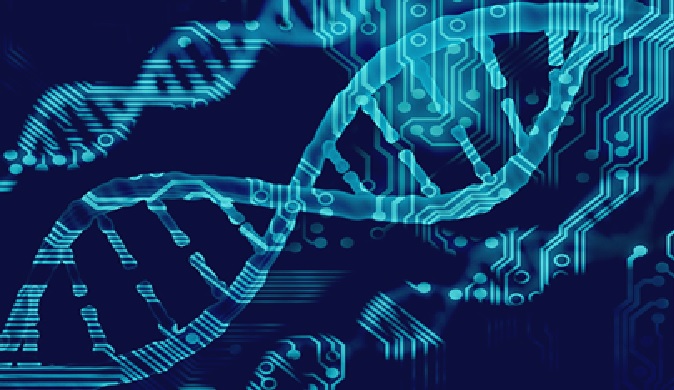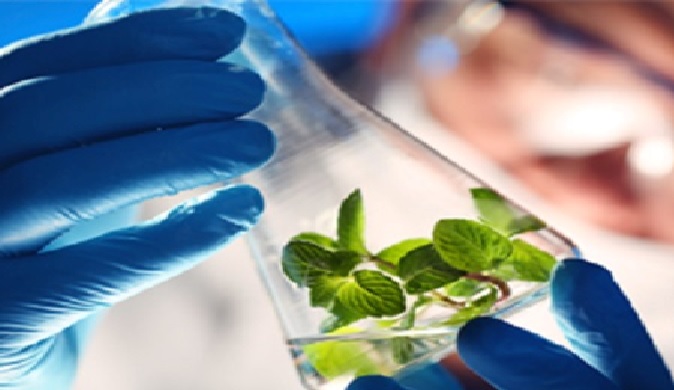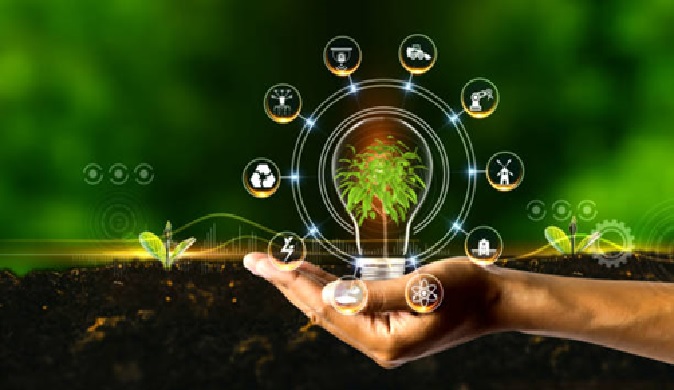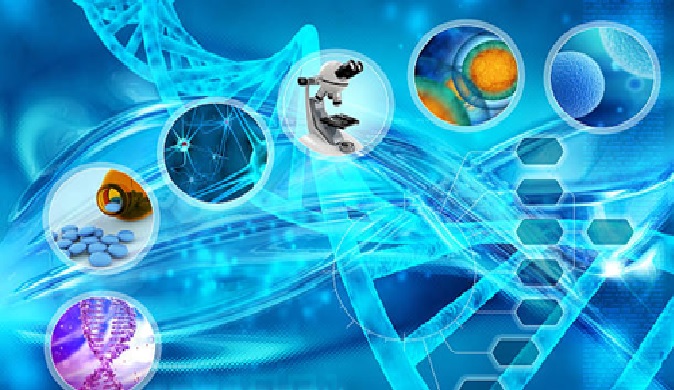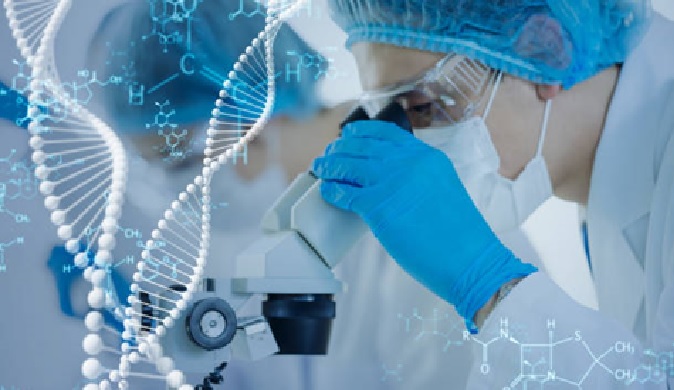Synthetic Biology
Synthetic biology is an interdisciplinary field of biotechnology that combines principles of engineering, chemistry, and biology to design and construct new biological systems or to modify existing ones. In synthetic biology, researchers use genetic engineering techniques to create artificial biological systems that can perform specific functions, such as producing biofuels, detecting toxins in the environment, or synthesizing new drugs.
They circumvent mechanisms that have evolved to facilitate species survival, bypass limitations on molecular transport across the cell wall, enable high-yielding and rapid synthesis of proteins without creating recombinant cells, and provide high tolerance towards toxic substrates or products. Here, we analyse ~750 published patents and ~2000 peer-reviewed manuscripts in the field of cell-free systems. [1]
Synthetic biologists are honing their ability to program the behaviour of individual microbial populations, forcing the microbes to focus on specific applications, such as the production of drugs and fuels. Given that microbial consortia can perform even more complicated tasks and endure more changeable environments than monocultures can, they represent an important new frontier for synthetic biology. Here, we review recent efforts to engineer synthetic microbial consortia, and we suggest future applications.[2]
Plant-based biosynthesis of fuels, chemicals, and materials promotes environmental sustainability, which includes decreases in greenhouse gas emissions, water pollution, and loss of biodiversity. Advances in plant synthetic biology (synbio) should improve precision and efficacy of genetic engineering for sustainability. [3]
Research methodology/approach: The paper surveys the applications of bioprinting by presenting recent developments and limitations of bioprinting reported in the scientific literature.[2]
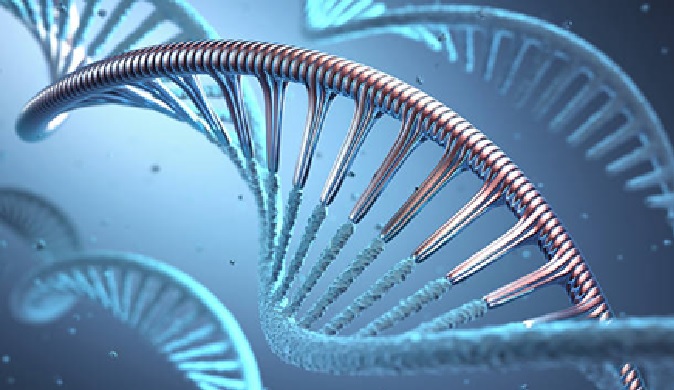
Figure 1.Synthetic biology
Figure 1 shows the field of synthetic biology has the potential to revolutionize many industries, including healthcare, agriculture, and energy production. For example, synthetic biology is being used to develop new treatments for diseases, such as cancer and genetic disorders. In agriculture, synthetic biology is being used to create crops that are more resistant to pests and diseases or that produce higher yields. In energy production, synthetic biology is being used to develop new biofuels that are more sustainable and environmentally friendly than traditional fossil fuels.
However, there are also concerns around the safety and ethical implications of synthetic biology. Some worry that artificial biological systems could have unintended consequences if they were released into the environment. There are also concerns around the potential misuse of synthetic biology for harmful purposes, such as the creation of biological weapons. As such, research in synthetic biology is tightly regulated and subject to strict ethical considerations.
References:
- https://www.frontiersin.org/articles/10.3389/fmech.2020.589171/full
- https://www.sciencedirect.com/science/article/pii/S2351978919302227
Cite this article:
Janani R (2023),Synthetic Biology, AnaTechMaz, pp.119




